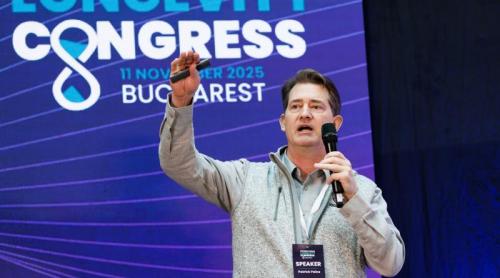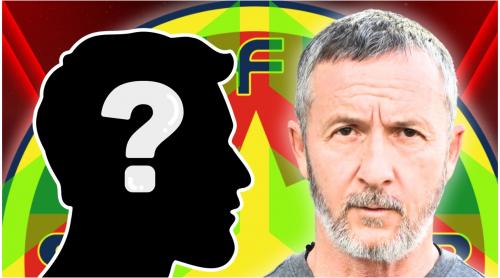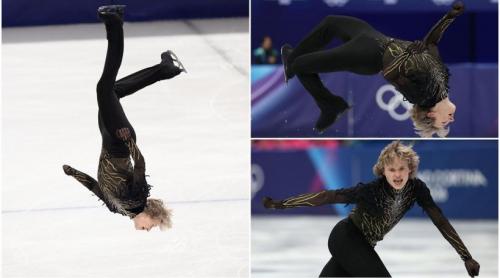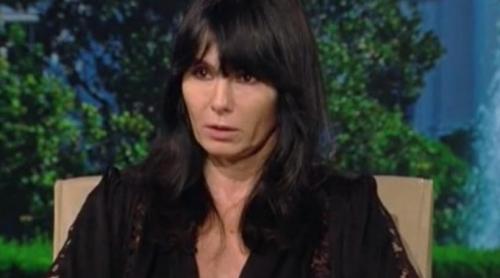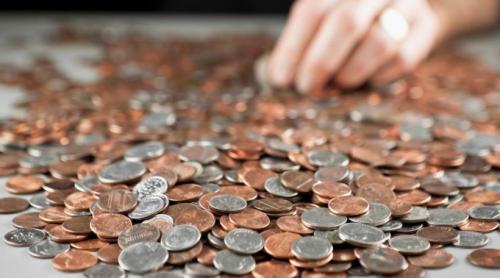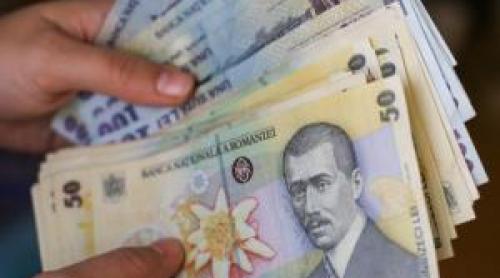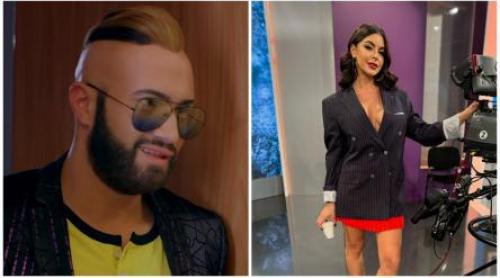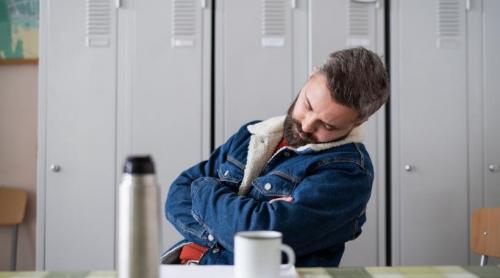
SPECIAL - February 5th 2005
General Victor Athanasie Stanculescu [deeply involved in the events of December 1989 which led to the execution of Dictator Nicolae Ceausescu and his wife] draws the portraits of a few key-figures in the Romanian Revolution, in a book of interviews published by Dinu Sararu and titled The Limping General of the Revolution. Here are some excerpts from this book edited by RAO Publishing House:
Ion Iliescu [president of Romania for ten years, assuming top position after the Ceausescus were ousted from power]
He started to speak more self assertive when he was already president of the National Salvation Front. One could feel that he was talking as if he was number one. So, his whole evolution was like an uphill hike: the higher he got the surer his voice became, and the clearer his demands to us were while he preserved the way of phrasing things characteristic of the way people spoke in the past 50 years.
So, his speeches were electoral, in a sense; I understood that each time he was taking the floor he was climbing one step higher. He did not make a final statement from the on-set; he was trying to prove that he was right and that you should follow his lead in two or three rounds of talks. He was very careful to never make final statements or burn bridges; his decisions could always be tinkered with and had lee room on all sides.
Only when he reached Cotroceni [the presidential office] he started to strike a more presidential tone and he was very self confident.
I have never seen him in a flare of bad temper; he was always very poised, very calm in the most hectic times, when other people s nerves were at the breaking point. So, Iliescu s accession to power was a gradual one. He did not step in to make sweeping changes, left to right; he did not break the front rows to make room for himself, but put one foot in front of another, with elegance and intelligence, not assuming the part of the tough guy.
He was always firm, but never tough.
It was remarkable how he was expanding his area of action; if, for instance, at first an issue was restricted to a certain area, he was expanding it in larger and larger circles, or as if he was rolling snow-ball. So, this expansion was easy to see till the elections of 20 May 1990, when he was first elected president. I had a tense moment with Iliescu when I had information that something was going on in Targu Mures [where a riot opposing Romanians and Hungarian minority erupted in March 1990]. I got the plane ready for us to go there, but at 11 p.m. that night he told me that we were not going. I said It is wrong for us to not go to Targu Mures because bad things are about to happen. And so they did. In the end I sent other people there and the army was again the one to appease the conflict.
Maybe he did not want to go there to avoid subsequent blame that he somehow stirred it. Or maybe he was afraid for his personal security.
Fact is he did not want to go, period.
He granted me an audience, during which I told him about the Supreme Court Decision to retrial the case of Timisoara [where the Romanian Revolution started and where Stanculescu had an unclear role in the repression of the protests] and that I did not receive a quarter of my pension rights.
He took notes all the time I talked and that was that. [He did nothing.] From this standpoint I can only characterize Iliescu as being Pilate of Pontus.
Virgil Magureanu [former head of the counter intelligence agency]
He was always controversial, saying one thing and then taking it back.
He was present at the trial [of the Ceausescus] as a representative of the future National Salvation Front, or else I do not see what was he doing there: only to leave an artistic mark on the audience?
By the way, he never had much of an image. I have to thank him though because he was one of those who protested publicly against the Supreme Court Decision that condemned me in the Timisoara trial case.
I always thought of him as the man behind the scene. Very intelligent. I assume he advised on foreign affairs because he always had good connections abroad. In a sense I consider Brucan to be my adversary, since he was the one who suggested Iliescu to appoint [Gal Nicolae] Militaru as defense minister, a position that I considered for myself. Still, in 2004 Brucan admitted that during those troubled days of the revolution I had the clearer head. I do not know on what grounds he is called professor but he is indeed someone able to teach you a lesson on how to move around smoothly in the world out there. This is his modus operandi, and I always thought of him that he wanted to play the political cards.
I liked him from the very beginning. I liked him as a person. He is the same kind of a man I am: he did not like to talk a lot, he did not like for meetings to last long, and he was responsible and took decisions. I think though that he sometimes took decisions that were not fully backed with arguments. These were important decisions and he also had to bear the consequences of what he decided upon. But he had a lot of guts. Not all his decisions were correct, but then that was a hard time to arrive at the right decisions, since no theory, no prior practice prepared us to turn back from communism to market economy. So, it was a time for trial and error. I still believe that Petre Roman s governmental team was the most representative we had so far. Of course they made mistakes, but we all did and thus worked to bring down the Roman Executive. His fall was not deserved, but the result of political in-fight at the top, when one of the partners had to be disposed of.
He was like a South-American revolutionary. Only later I understood that he was both well-read and pretty rich, and well equipped intellectually. At first he seemed to be a sort of guerilla warrior, with the rifle strapped around him, like a Fidel Castro or Che Guevara.
He overdid it a little, but he was a person who actually spoke his mind. I admired this. He also took the responsibility for the Ceausescus trial and their subsequent execution, something no one else did. I liked that too. So, a gutsy guy, with a touch of South-American adventurer in him.
Transleted by ANCA PADURARU
Citește pe Antena3.ro

